What Actually Happens When You Start Investing in Your 20s? People Share Their Results
Investing in your 20s doesn’t feel glamorous. You start small, second-guess every move, and wonder if it’s even worth it. But over time, something shifts. The numbers grow, the stress fades, and money starts working in your favor instead of against you. Here’s what people who started early say actually happened.
Their Money Started Earning Its Own Money
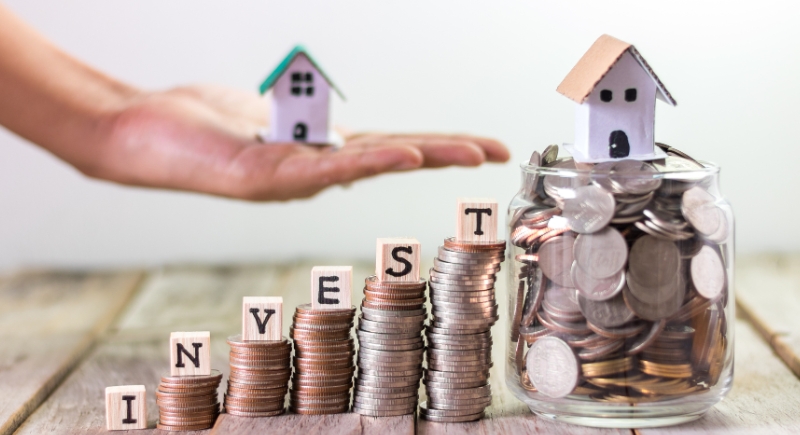
Credit: Getty Images
The concept of earning interest on interest doesn’t sound thrilling until the numbers start showing up. One early investor set aside $100 a month and let it grow. Thirty years later, it grew past $200,000, without ever adjusting the contribution. The math worked in the background while life carried on.
They Got Comfortable With Market Swings

Credit: Base Image
Many early investors shared that experiencing dips and rebounds while still in their 20s taught them not to panic. They had space to recover and learn what “long-term” really means. By the time they hit their 30s, they’d already developed a thick skin for market noise.
Budgeting Became Automatic
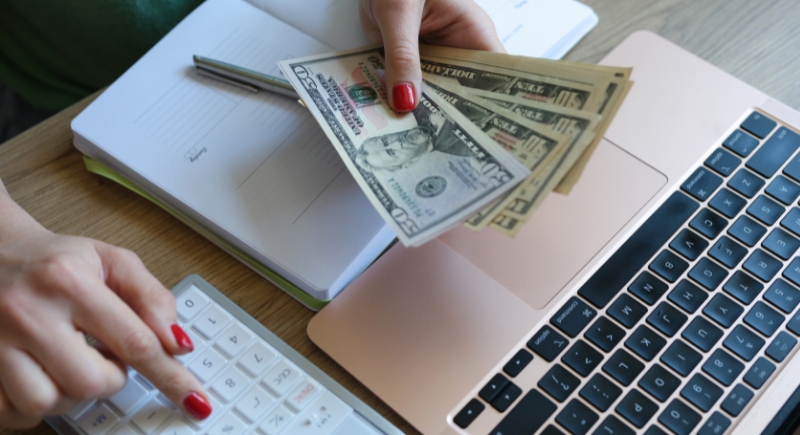
Credit: Canva
One unexpected outcome of early investing is learning to spend smarter. People noted that putting money into a fund every month naturally forced them to track where the rest went. Over time, they noticed less impulse buying and more deliberate choices.
They Skipped the Late-Start Scramble

Credit Aflo Images
A lot of financial stress comes from trying to catch up later. They weren’t scrambling to build retirement savings or emergency funds because that momentum was already in place. Having that buffer gave them more freedom to change jobs, travel, or take risks without financial regret.
Small Money Made a Big Difference

Credit: Canva
Several people noted that their modest contributions as young earners went much further than they had expected. One investor shared that investing just P2,000 monthly starting at 22 ended up outpacing a friend who began investing P10,000 monthly at 35.
They Could Afford To Take More Risks
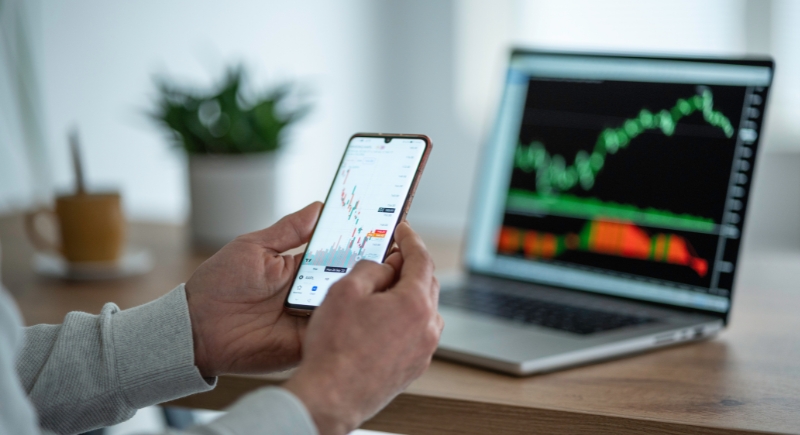
Credit: Getty Images
Starting young gave many investors room to experiment. They tried stocks, crypto, and other volatile options without worrying that one bad move would wreck their future. That cushion of time helped them figure out what worked and what didn’t. Most say they’d play it safer if they began later in life.
They Made Fewer Panic Decisions Later

Credit: pexels
Getting investing mistakes out of the way early paid off. People who experimented with different investment types in their 20s became more confident later. They knew how to read market trends, compare fund fees, and balance their portfolios. By the time life became more complicated, they already had their strategy in place.
They Had More Career Flexibility

Credit: Base Image
Several shared that having investments growing in the background gave them more power at work. They could say no to toxic jobs, negotiate raises, or explore freelance work without worrying about every paycheck. That early cushion made long-term career choices less about survival and more about fit.
Emergencies Didn’t Wipe Them Out

Credit: pexels
Starting early gave them a safety net most people don’t have. When medical bills, job losses, or family expenses came up, they already had money set aside. Their investments stayed untouched, and their savings handled the shocks. It wasn’t luck—it was the payoff of small, steady habits built over time.
They Learned Patience Pays Off

Credit: Getty Images
The biggest mindset shift? Delayed gratification became normal. Watching small contributions grow slowly trained them to think in years instead of weeks. It didn’t feel exciting at first, but the long-term impact changed how they approached not just money, but goals in general.
Their Net Worth Jumped Without Huge Raises

Credit: Getty Images
For many, income didn’t skyrocket, but their net worth did. Those who started investing early didn’t rely on massive promotions or windfalls. Their consistency is what built wealth. That contrast was obvious when friends with similar incomes but no investments found themselves struggling with basic savings goals a decade later.
They Took Advantage of Tech Early
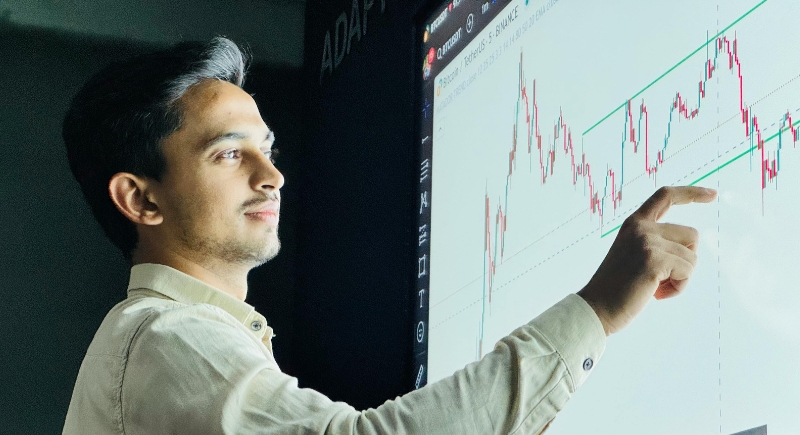
Credit: pexels
Many began with basic finance apps, moved to robo-advisors, and eventually understood how to analyze market performance themselves. Investing didn’t feel like something handed down by a financial advisor, but learning how to use a smartphone or set up a streaming account did.
They Made Mistakes That Didn’t Break Them

Credit: Getty Images
Most people who started young admitted they messed up. They picked the wrong stocks, chased trends, or forgot about fees. But those early errors didn’t wreck them. The amounts were small, and the lessons stuck. One investor said losing P10,000 at 24 taught them more than any finance course ever could.
They Started Thinking Ahead Earlier

Credit: Getty Images
Planning for retirement didn’t feel urgent at 22, but investing sparked the mindset. People said it encouraged them to ask questions about goals, insurance, and big purchases long before their peers. That head start in thinking long-term made major financial decisions feel less overwhelming later on.
They Paid Themselves First

Credit: Getty Images
Investing taught them to prioritize saving over spending. Setting aside money before paying bills or buying stuff wasn’t easy at first, but people said it became second nature. By flipping the usual order—saving first, spending second—they built a habit that stuck even when income grew.
They Were Less Tempted By Lifestyle Creep

Credit: Getty Images
As salaries increased, some people noticed that their spending didn’t balloon in the same way. Since part of their income always went into investments, they didn’t fall as hard into the trap of upgrading cars, apartments, or gadgets just because they could.
They Had More Peace Of Mind During Crises

Credit: pixabay
Those with early investments said they didn’t panic during economic downturns like inflation spikes or market dips. Their investments had already weathered past dips, so the newer ones felt less catastrophic. That experience helped them keep calm, hold steady, and even invest more when prices dropped.
They Inspired Friends And Family
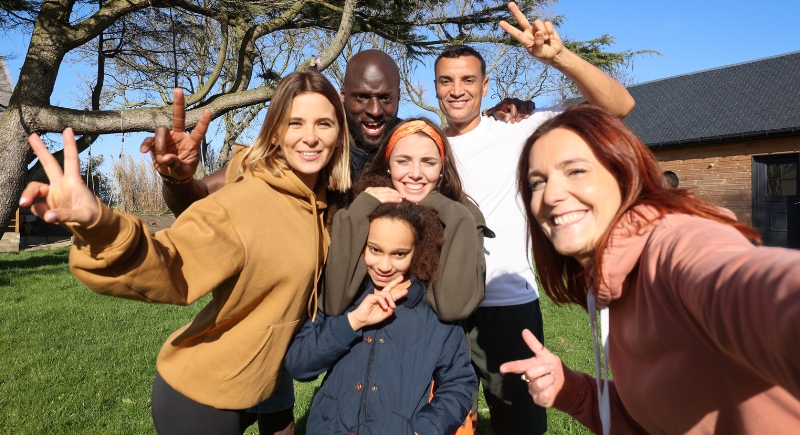
Credit: Base Image
Several people noted that their early investing habits rubbed off on others. Siblings started asking questions, and parents got curious about mutual funds. One person said their group chat shifted from online shopping links to stock app screenshots. Sharing wins, even small ones, helped normalize investing in their circles.
They Reached Goals Faster

Credit: Canva
People who started early noticed their progress came quicker than expected. Returns from consistent investing helped pay for things like a car, a long trip, or a small business. One investor even used five years of index fund growth to make a down payment on a home.
They Didn’t Regret Starting Small
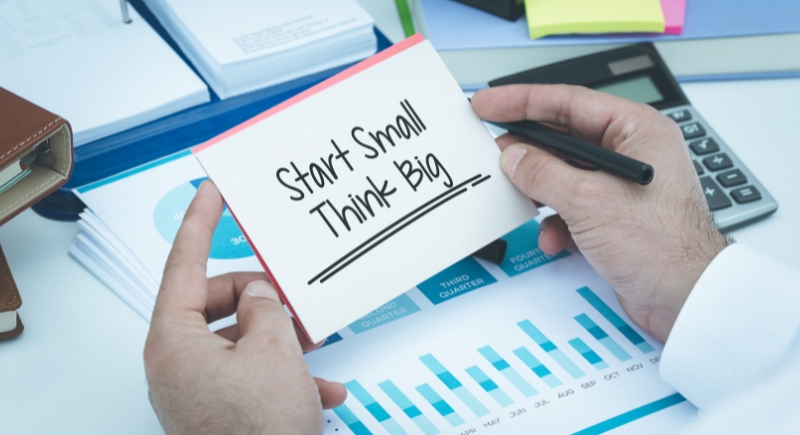
Credit: Getty Images
Plenty of people said they only started with a few hundred pesos a month. It didn’t feel like much at the time, but seeing how far it grew made them wish they’d done more. Still, no one regretted starting small. The regret only came from waiting too long.